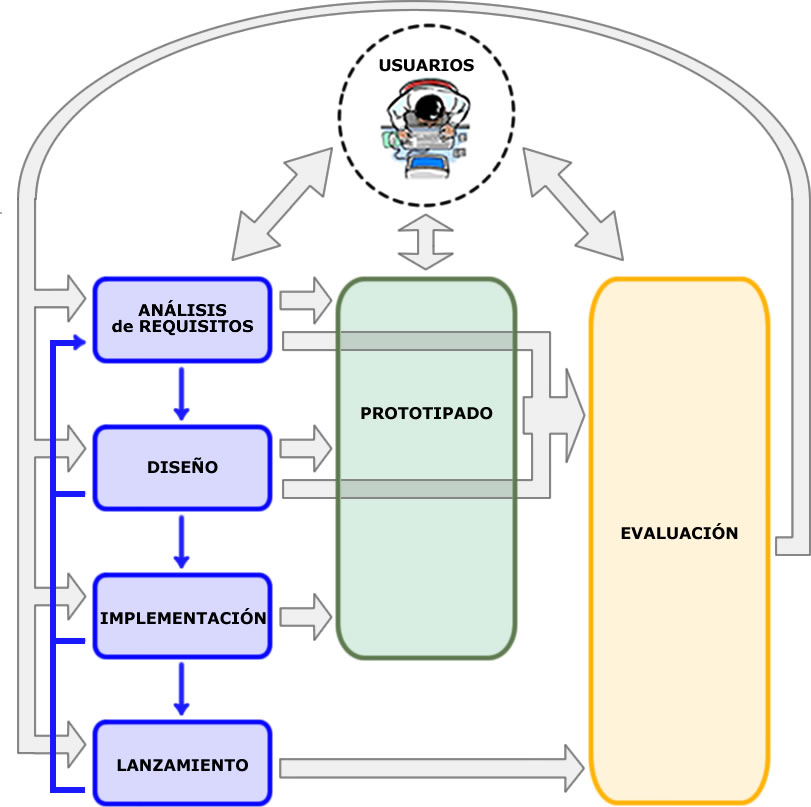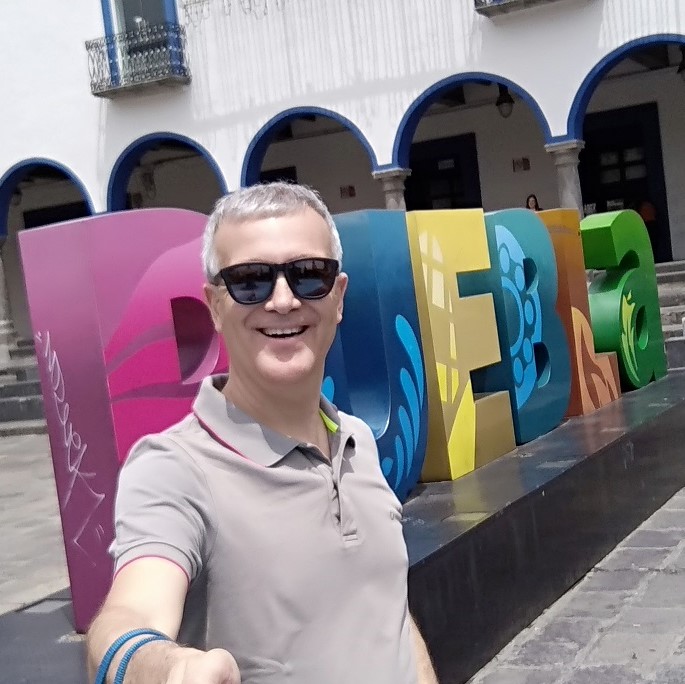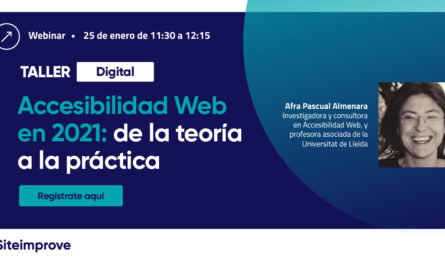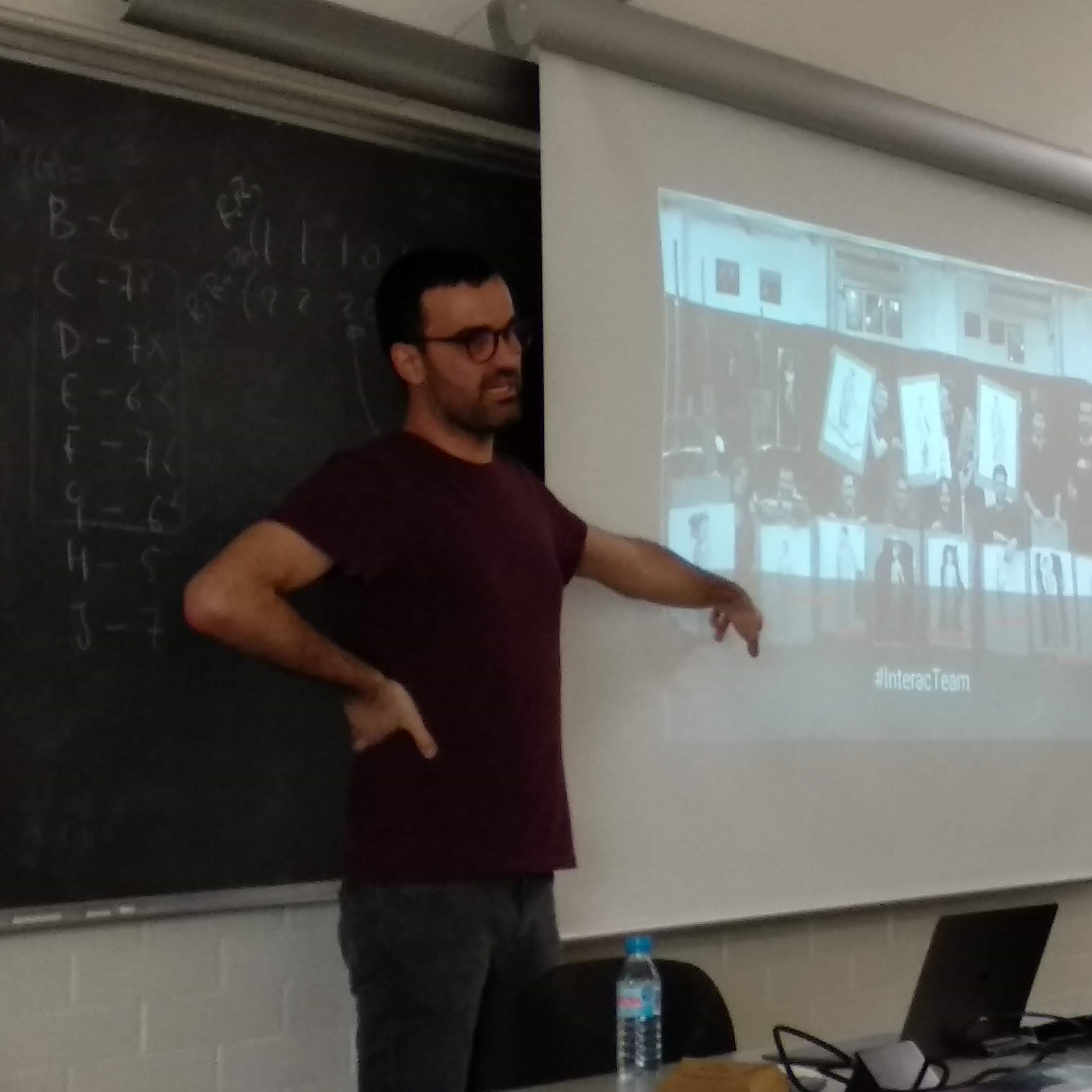In the context of “User Centred Design” course,

Professor Maurice Mulvenna (Professor of Computer Science at Ulster University) will talk about DIGITAL WELLBEING TECHNOLOGIES. The talk will be Thursday, April 11 at 9:00 (Sala de Graus, EPS).
Everyone is welcome / Tothom és benvingut / Todos sois bienvenidos
Abstract
Digital wellbeing technologies include mobile and tablet apps that are used to support the health and wellbeing needs of, often vulnerable people. Users include people living with dementia, intellectual disability, depression, autism, postnatal depression, anxiety or other health consideration. While many wellbeing technologies began as assistive technologies, the explosion in popularity of app platforms has resulted in growing use and popularity of these digital technologies.
However, as with assistive technologies, the user abandonment rate of these digital wellbeing technologies is high. Common usability approaches have specific failings that mean they do not cater well for the specific needs of vulnerable people. So how do we design these apps and how can we validate their design?
In this talk, the value of behavioural usage data is explored as a key to understanding what kind of designs actually work for digital wellbeing technologies and apps. In order to understand the behaviour of users in interacting with the wellbeing apps, the app has to include code that records each interactional event. The resulting event log stores the interactional data on all users, most frequently in a cloud-hosted database.
The event log data can also include Ecological Momentary Assessment (EMA) data where validated scales such as, for example, Patient Health Questionnaire (PHQ-9) for depression can be gathered as users interact with their app. However, the core benefit of accruing event log data is the valuable aggregated information that can be discovered from the log data analysis, using machine learning approaches. The talk describes the key findings using machine learning, from a digital wellbeing reminiscence app for people living with dementia.
The talk also illustrates that key expertise from different disciplines is required in order to design digital wellbeing apps used by vulnerable people, including technical development skills, and academic disciplines including psychology, nursing, computer science and others depending on the planned development area.
Obviously, gathering data about vulnerable users, storing it on cloud databases and making is available for machine learning raises significant ethical issues on event logging. The talk discusses GDPR Article 89 derogation on data collection for research purposes and asks the audience to consider the implications of this for users and for research – arguably, for individual and for greater (scientific) good.
Bio
Maurice Mulvenna is Chair of Computer Science at Ulster University. Maurice’s research areas include artificial intelligence, digital wellbeing, innovation and assistive technologies. He has published over 350 internationally peer-reviewed publications encompassing books, journal papers, conference and workshop papers and book chapters. He has served on over 180 program committees and is involved in chairing roles of many conference and workshops, including 32nd British Human-Computer Interaction conference in 2018, 31st European Cognitive Ergonomics Conference in 2019 and the 5th IEEE International Conference on Internet of People in 2019. He has also been invited as a keynote speaker at several international conferences and events in UK, Asia and Europe.
He served for three years on UK Ofcom’s Advisory Committee on Older and Disabled People and currently serves on the editorial boards for academic journals including the IET Journal of Engineering, Journal of Enabling Technologies and JMIR Rehabilitation and Assistive Technologies. In 2014, he was elected as a Board Member of the International Society for Gerontechnology (ISG). Maurice is also a past winner of the European €100K IST Grand Prize and has won with colleagues the Best Innovation in Practice Award at the Dementia Care Awards. He won the Inaugural Award for Industry-Academic Collaboration form the Centre for Behaviour Change Conference on Behaviour Change for Health: Digital and Other Innovative Methods, in 2019 with colleagues.



